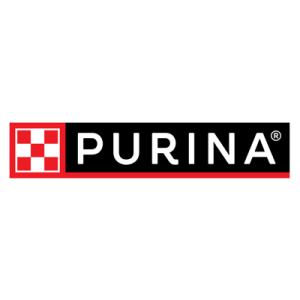Italy
Diversifying demand for nature-based solutions
In the Veneto and Friuli-Venezia Giulia regions of Italy, an active LENs project is helping to drive regenerative landscape transformation. With a legacy of intensive land use, supply chains in this area are at severe risk of soil and aquifer degradation. In response, Prosecco Consortium and Nestlé Purina have partnered to invest in regenerative agriculture and viticulture techniques, as well as the creation of natural bounded habitats within the landscape.
Preferred by Nature is the LENs operator and the success of the project is built on the strength of the network of local organisations: Agrinnovazione, AgriCircle, Consultant Antonio Compagnoni, CarbonChange, CSQA, Perleuve, Veneto Agricoltura and WBA.
In the 2023 trade, 10 agronomic, six biodiversity, and seven innovation measures are contracted to be implemented in about 30 cereal farms and vineyards in the regions, to introduce sustainable agricultural practices on approximately 1,350 hectares of land.
These aim to help improve soil management and water quality; strengthen the resilience of farms and supply chains; combating environmental degradation; and mitigating the effects of climate change. The measures can be grouped into three main categories:
- Agronomic measures in the field
- Promotion of biodiversity
- Introduction of innovative technologies to improve productivity, reduce costs and decrease environmental impact.
Planting cover crops to improve the quality of groundwater, increase the content of organic matter and maintain soil moisture. This also prevents the soil from being uncovered during the rainy seasons, protecting the soil from erosion.
Substitution of chemical fertilizers with organic ones to reduce carbon footprint at farm level. Organic fertilizers decrease the need for carbon-intensive agrochemicals, enrich the soil’s ability to retain water and counteract nutrient-leaching into groundwater.
Advanced integrated production and pest management (IPM) strategies, including substituting herbicides with mechanical weed control practices. This reduces the use of agrochemicals to limit the negative impact on the environment, mainly on groundwater and biodiversity.
Hedge and woodland planting, including an innovative agroforestry approach to create and/or strengthen natural habitats to promote biodiversity, capture carbon and provide a range of ecosystem services such as soil and water conservation, maintenance of soil fertility, conservation of edaphic mesofauna and protecting the habitat for plant pollinators.
Sowing herbaceous species and wildflowers at the edge of arable fields or vineyards to provide habitat for pollinating insects. These uncultivated areas can also provide habitats for predatory insects that contribute to pest control in the field. Grass and flower strips also act as buffers to help reduce the amount of sediment and nutrients lost to runoff.
Investments in weather stations and soil sensors to monitor and predict variability in temperature, precipitation, air humidity, soil and leaf moisture. This allows land managers and farmers to improve and optimize defence treatments, irrigation water management and other agricultural activities.
Promotion of precision agriculture, through a combination of soil sampling, satellite imagery, and GPS systems installed on agricultural machinery. Farmers benefit from accurate soil mapping and production yields, which in turn improves the efficiency of farming practices by optimizing inputs such as water fertilizers, herbicides, and insecticides, while maintaining or increasing yields.
To learn more or get involved, please use our contact form here
At a glance
Where Italy, with trades in the Veneto and Friuli-Venezia Giulia regions
Who Nestlé Purina and Prosecco Consortium, with LENs delivery co-ordination by Preferred by Nature and 3Keel
What Improving soil and aquifer quality
Download the Italy factfile here for more information.














